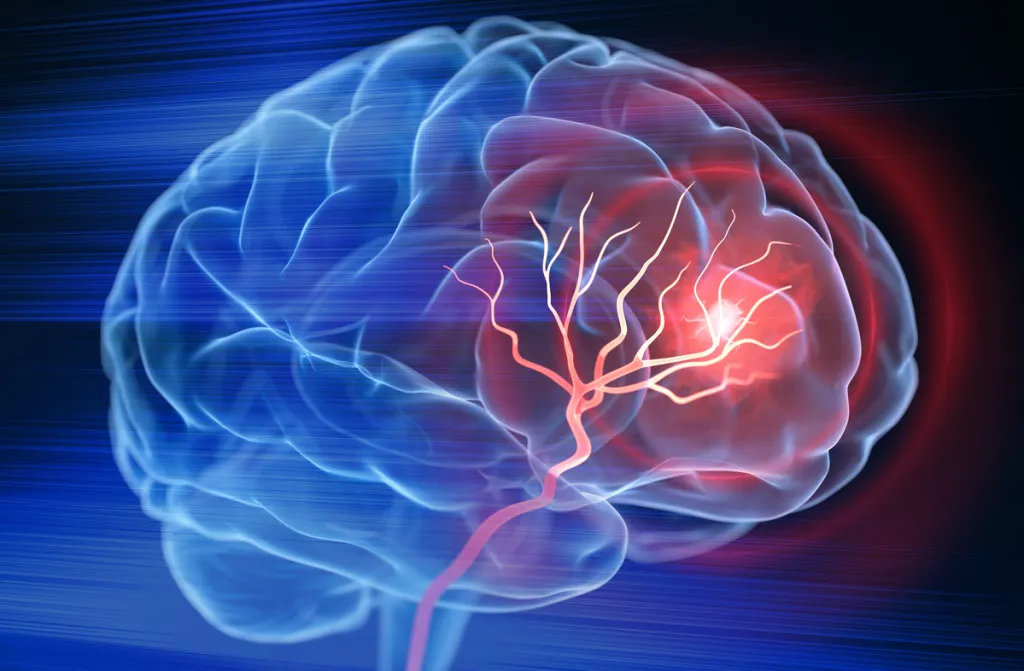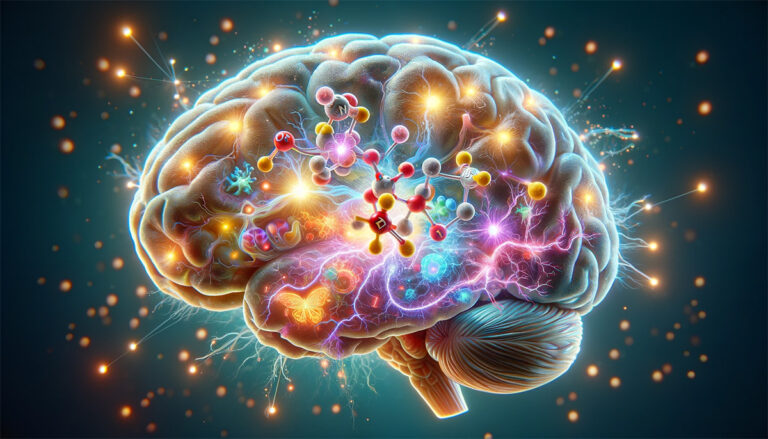How Modafinil Could Help Stroke Survivors Combat Severe Fatigue
Post-stroke fatigue (PSF) is a persistent and debilitating condition that affects up to 70% of stroke survivors, often lasting months or even years (Bivard et al., 2017; Cross et al., 2020). Unlike normal tiredness, PSF significantly disrupts quality of life, limiting independence and slowing rehabilitation progress. Despite its prevalence, effective pharmacological treatments have been limited until now.
Emerging research suggests that modafinil, a wakefulness-promoting medication, may offer meaningful relief from post-stroke fatigue by altering brain connectivity and enhancing alertness without significant adverse effects (Bivard et al., 2017; Cross et al., 2020; StatPearls, 2024).
Understanding Post-Stroke Fatigue
Post-stroke fatigue affects over 50% of stroke patients, often becoming chronic and impairing both rehabilitation participation and cognitive function (Levi et al., 2017). It has been linked to reduced cortical excitability, sleep disorders, neuroinflammation, and reduced cardiorespiratory fitness (Levi et al., 2017).
Consequences of Untreated Fatigue
- Reduced independence in daily activities
- Impaired mood, motivation, and memory
- Limited benefit from physical and occupational therapy
- Increased morbidity and mortality risk
What Is Modafinil?
Overview
Modafinil is a non-amphetamine stimulant approved by the FDA for narcolepsy, shift work sleep disorder, and obstructive sleep apnea-related fatigue. Its off-label uses include fatigue associated with multiple sclerosis and stroke (StatPearls, 2024).
Mechanism of Action
Modafinil stimulates dopaminergic and orexinergic systems, increasing dopamine, histamine, norepinephrine, and orexin levels, all of which are neurotransmitters that promote wakefulness and alertness (StatPearls, 2024).
What the Research Says
MIDAS Trial (Bivard et al., 2017)
This double-blind, placebo-controlled crossover trial involved stroke survivors with persistent fatigue (≥3 months post-stroke). Participants received either 200 mg of modafinil or placebo for 6 weeks.
- Fatigue scores decreased significantly (MFI −7.38; 95% CI, −21.76 to −2.99; P < 0.001).
- Quality of life improved based on SSQoL (+11.81; P = 0.0148).
- Brain scans (fMRI) showed increased connectivity in the right hippocampus and changes in somatosensory and mesolimbic networks.
“These functional changes may reflect modafinil’s central role in enhancing attention and reducing fatigue symptoms” (Bivard et al., 2017).
MIRAS Study (Cross et al., 2020)
A retrospective study of hospitalized stroke patients showed those given modafinil had:
- Twice the odds of being discharged to acute rehab vs. standard care (OR 2.00; 95% CI 1.01–3.95).
- No significant increase in adverse events, even in patients with higher NIHSS scores or ICU stays.
These findings support modafinil’s role in pre-rehabilitation recovery, particularly for enhancing readiness for intensive therapy (Cross et al., 2020).
Considerations and Safety
Who May Benefit
- Stroke survivors ≥3 months post-event with persistent fatigue (MFI ≥ 60)
- Patients without sleep apnea, severe cardiovascular conditions, or neuropsychiatric contraindications
Side Effects and Cautions
- Common: Headache, nausea, anxiety, insomnia
- Serious (rare): Hypertension, cardiac events, dermatological reactions (FDA, 2015)
- Should be avoided in patients with arrhythmias or uncontrolled hypertension
Always consult a healthcare provider before initiating treatment.
Looking Ahead
Areas for Future Research
- Long-term effects of modafinil on brain plasticity and quality of life
- Combination therapies with behavioral or exercise interventions
- Identification of biomarkers for predicting treatment responders
- Comparative trials against SSRIs or cognitive behavioral therapies
FAQs
How does modafinil help with stroke-related fatigue?
It promotes alertness by modulating neurotransmitters involved in wakefulness, motivation, and attention (StatPearls, 2024).
Is modafinil FDA-approved for stroke fatigue?
No. Its use in stroke is considered off-label, though supported by growing evidence (FDA, 2015; Bivard et al., 2017).
What’s the typical dosage?
Clinical trials used 200 mg once daily in the morning. Doses of 50–200 mg have been used depending on patient tolerance (Cross et al., 2020).
Conclusion
Modafinil offers promising potential in addressing the unmet challenge of post-stroke fatigue. With careful patient selection and ongoing monitoring, it may enhance quality of life, boost participation in rehab, and support long-term recovery goals. While not a cure, it is a valuable tool in the post-stroke recovery toolkit.
“Modafinil could become a cornerstone in managing post-stroke fatigue with further validation” (Bivard et al., 2017; Cross et al., 2020).
References
- Bivard, A., Lillicrap, T., Krishnamurthy, V., Holliday, E., Attia, J., Pagram, H., Nilsson, M., Parsons, M., & Levi, C. R. (2017). MIDAS (Modafinil in Debilitating Fatigue After Stroke): A randomized, double-blind, placebo-controlled, cross-over trial. Stroke, 48(5), 1293–1298. https://doi.org/10.1161/STROKEAHA.116.016293
- Cross, D. B., Tiu, J., Medicherla, C., Ishida, K., Lord, A., Czeisler, B., Wu, C., Golub, D., Karoub, A., Hernandez, C., Yaghi, S., & Torres, J. (2020). Modafinil in recovery after stroke (MIRAS): A retrospective study. Journal of Stroke and Cerebrovascular Diseases, 29(4), 104645. https://doi.org/10.1016/j.jstrokecerebrovasdis.2020.104645
- Greenblatt, K., & Adams, N. (2023). Modafinil. In StatPearls. StatPearls Publishing. https://www.ncbi.nlm.nih.gov/books/NBK531476/
- Poulsen, M. B., Damgaard, B., Zerahn, B., Overgaard, K., & Rasmussen, R. S. (2015). Modafinil may alleviate poststroke fatigue: A randomized, placebo-controlled, double-blinded trial. Stroke, 46(12), 3470–3477. https://doi.org/10.1161/STROKEAHA.115.010860
- U.S. Food and Drug Administration. (2015). PROVIGIL® (modafinil) tablets, for oral use, C-IV [Prescribing information]. U.S. Department of Health and Human Services. https://www.accessdata.fda.gov/drugsatfda_docs/label/2015/020717s037s038lbl.pdf








